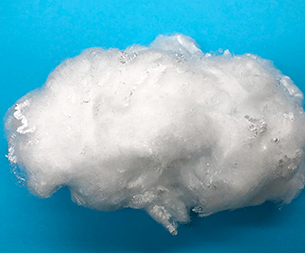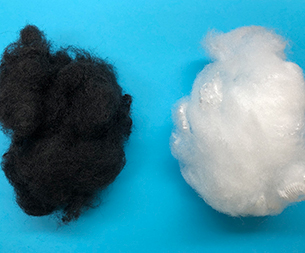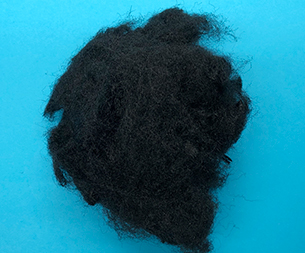On September 15, 2025, a series of important developments emerged in the international economic and trade field. The US proposed new tariffs, which triggered a strong response from China. Meanwhile, the transportation channel issues between Europe and India also had an impact on the global supply chain.
The US side proposed imposing additional tariffs, and the Ministry of Foreign Affairs and Commerce of China responded strongly
On September 13th, US President Trump posted a letter to "all NATO countries and the world" on his social media platform "Truth Social", putting forward two key demands.
First, it calls on all NATO member states to collectively stop importing Russian oil, arguing that this would weaken Russia's economic capacity and cut off its main source of war funds. Second, it is proposed that NATO as a whole impose "temporary punitive tariffs" ranging from 50% to 100% on Chinese goods in response to China's purchase of oil and energy from Russia, and it is stated that these tariffs will be "completely withdrawn" after the end of the Russia-Ukraine war.
In response to this, on September 15th, the spokespersons of the Ministry of Foreign Affairs and the Ministry of Commerce of China respectively made responses. Foreign Ministry Spokesperson Lin Jian pointed out that China's normal economic and trade as well as energy cooperation with Russia and other countries is legitimate and legal. The US approach is unilateral bullying and economic coercion, seriously undermining international economic and trade rules and threatening the security and stability of the global industrial and supply chains. China has always maintained an objective and impartial stance on the Ukraine crisis, insisting on promoting peace talks and opposing the use of China as an excuse and the excessive and illegal unilateral sanctions and "long-arm jurisdiction". China has also emphasized that if its legitimate rights and interests are infringed upon, it will resolutely take countermeasures.
A spokesperson for the Ministry of Commerce stated that China opposes imposing economic and trade restrictions on China on the grounds of "Russia-related" relations. The US's intention to coercing relevant parties to impose "secondary tariffs" on China violates the consensus reached by the heads of state of the two countries during their phone call and may undermine the stability of global trade and the supply chain. China firmly opposes this. If China's interests are undermined, it will take all necessary measures to safeguard its legitimate rights and interests. At the same time, it is hoped that the US side will be cautious in its words and deeds, resolve differences through equal dialogue and consultation, and also hope that all relevant parties will jointly maintain the world trade order and the security and stability of the global production and supply chain.
Declaration: The content of this article is compiled from the Internet and the copyright belongs to the original author. If there is any infringement, please inform us in time and contact us for deletion.
- The performance characteristics
- The "bottoming-out and recovery"
- An Overview of the Characteristi
- Taking over the islands and impo
- Analysis of the Characteristics
- Why has the textile trade betwee
- Characteristics of Polypropylene
- Analysis of the Industry Applica
- Jiangsu Haibang New Material Co.
- China's textile industry is at a
- Markets
- Automotive Products
- Nonwoven Lining
- Geosynthetics
- Liquid Filtration
- Apparel and Textiles
- Hygiene Products
- Building and Construction
- Other Markets
- Contact Us
- Contact Haibang





